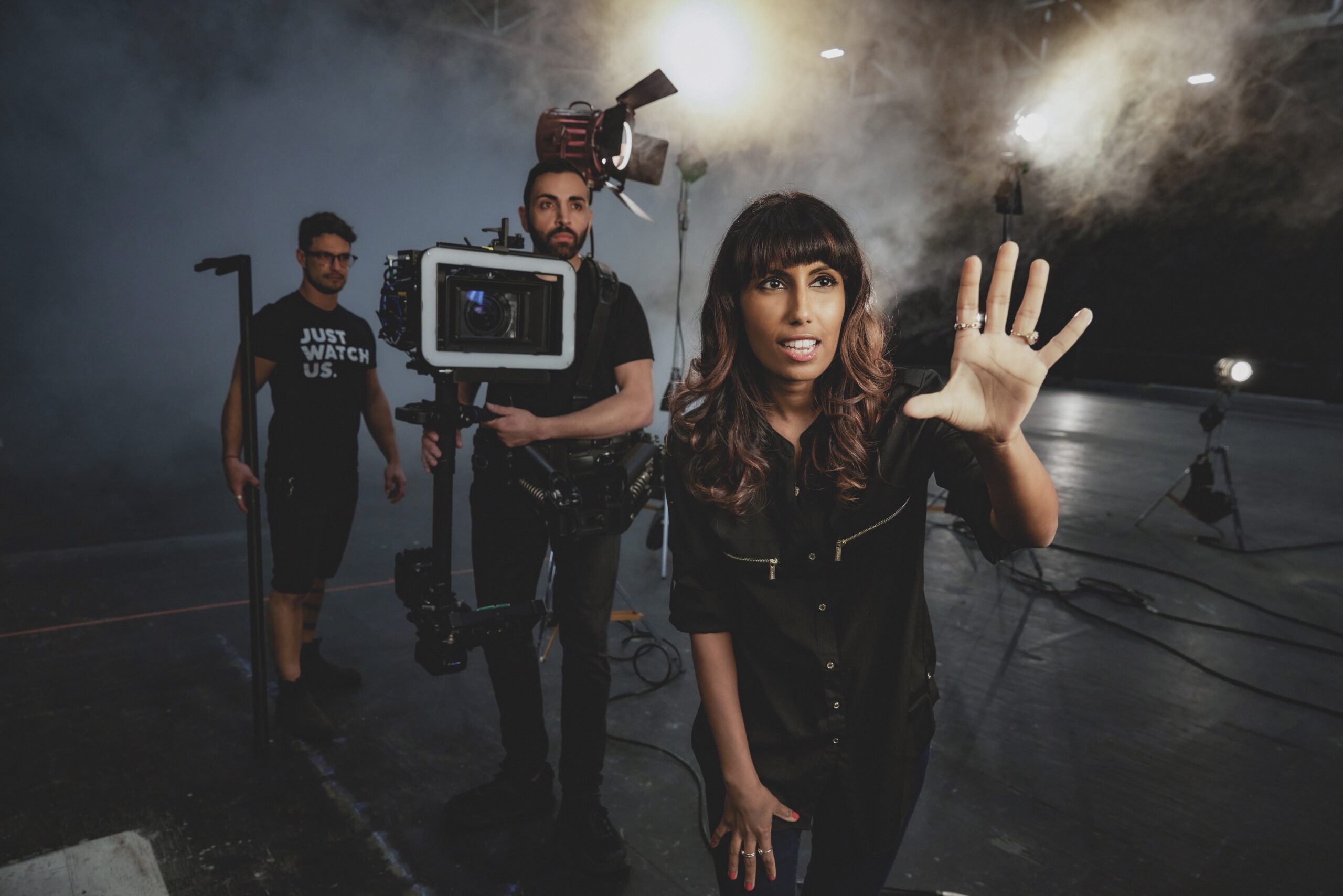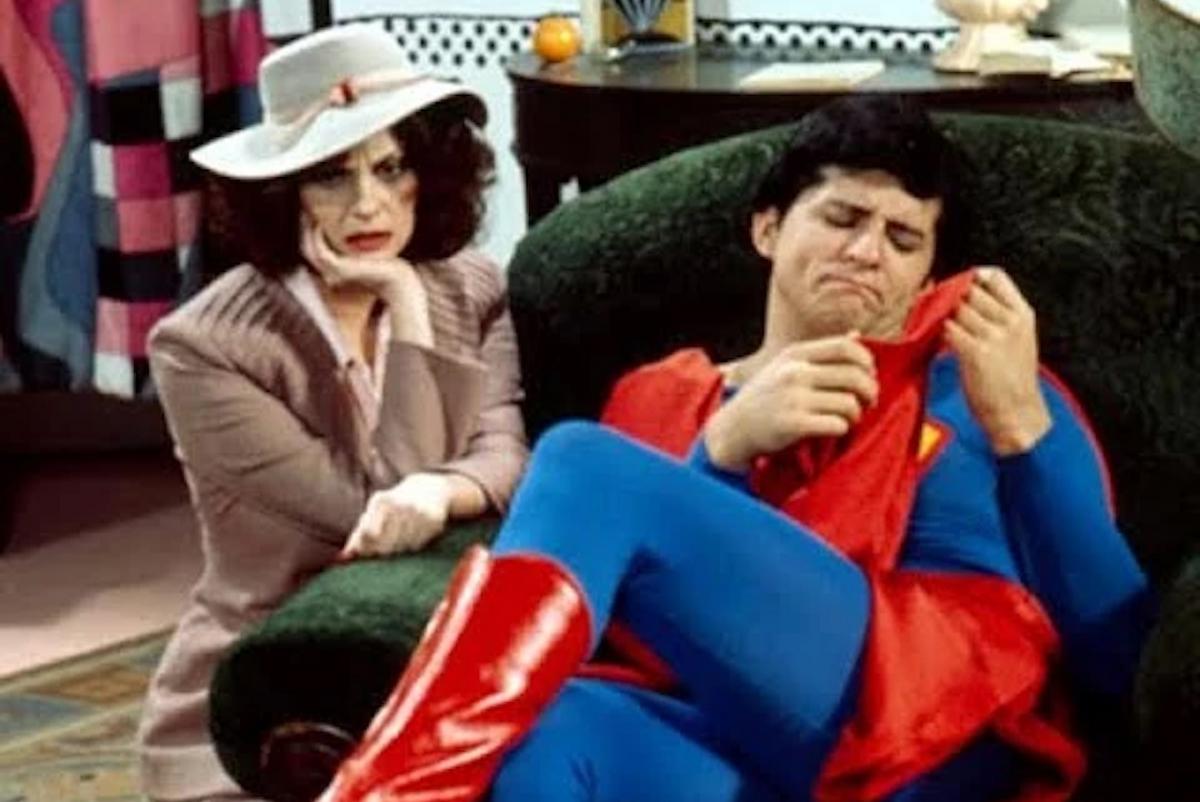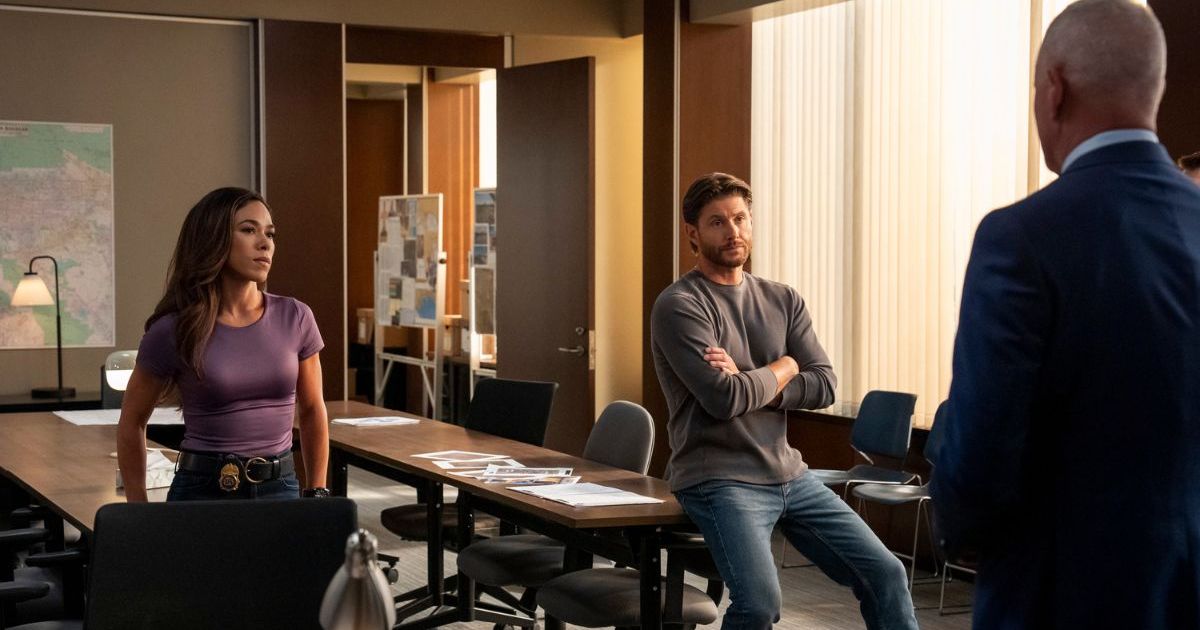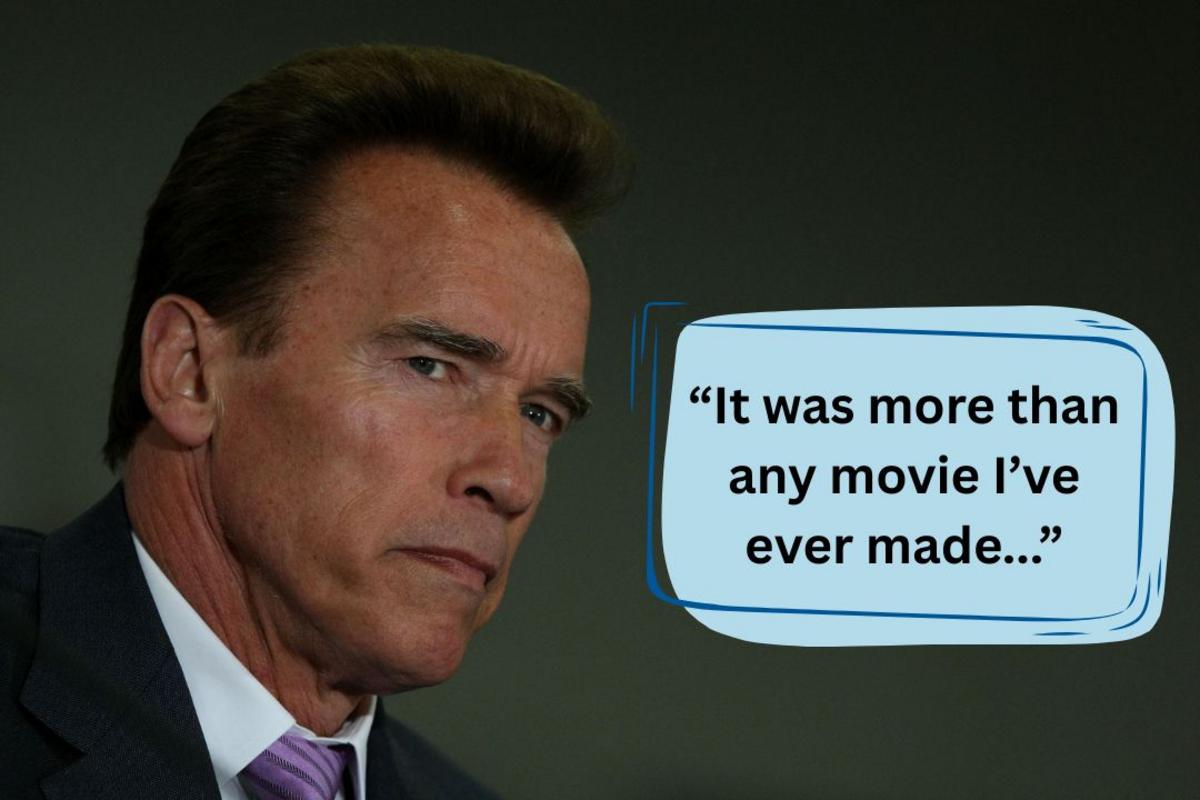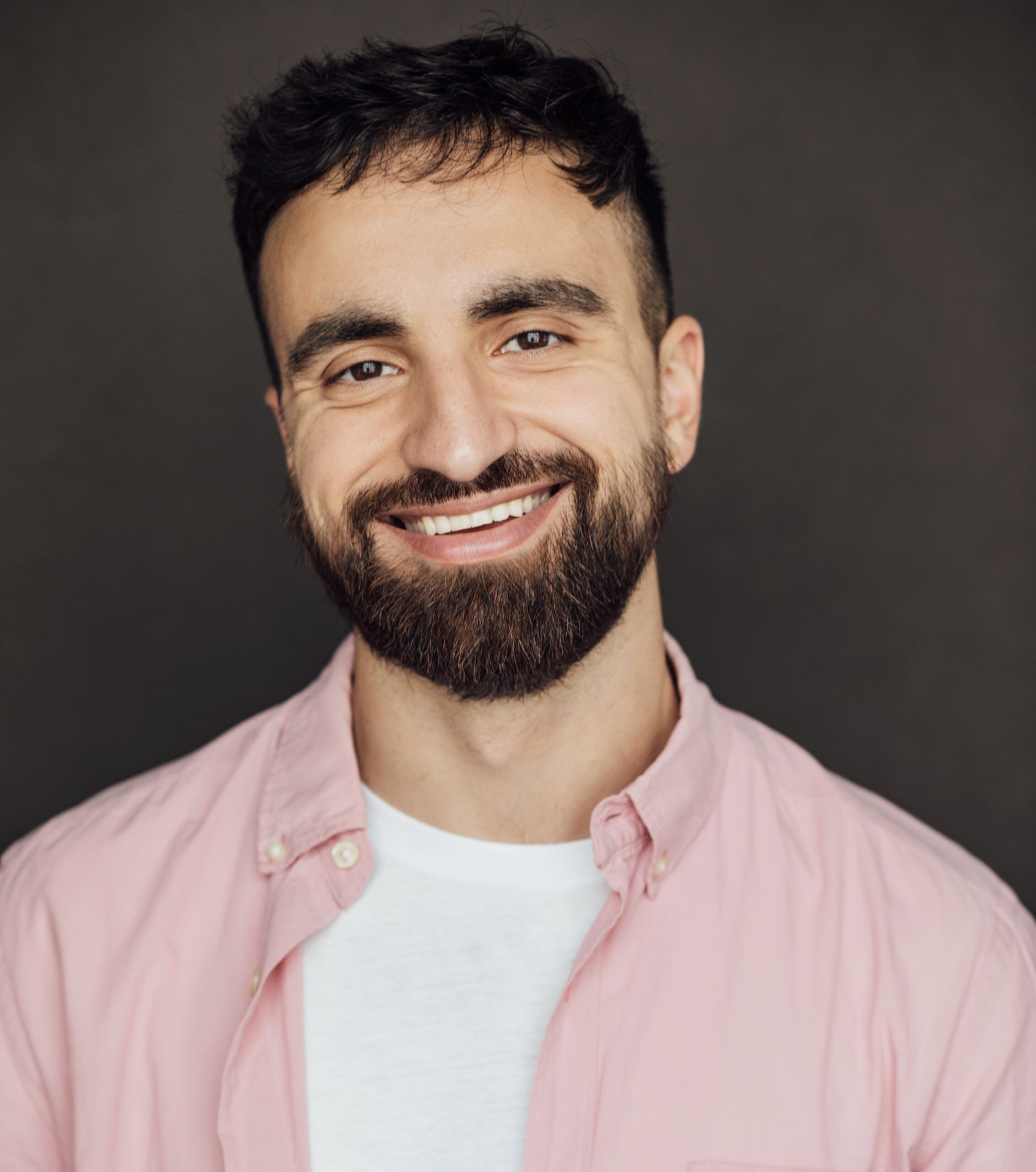There are a lot of amazing, talented individuals in the Film and Television industry. Nimisha Mukerji is one of the busiest ones. She graduated from the very competitive Film Production Program at the University of British Columbia (UBC). She worked on set in many capacities but continued to write and direct her own films before gaining international recognition. She is an award-winning, Vancouver-based writer, director, and executive producer.
Here is our conversation with Nimisha.
HNMAG: Where did you grow up?
Nimisha Mukerji: I grew up in Markham, Ontario (part of the Greater Toronto Area), and I moved to the Lower Mainland when I was eleven. I feel like I’m bi-coastal.
HNMAG: That’s nice. Your parents moved from the GTA to Vancouver?
Nimisha Mukerji: No, to be more specific, we moved to Delta and grew up there.
HNMAG: Did you find it quite different than Markham?
Nimisha Mukerji: The big difference was the school system. In Ontario, elementary school was till grade 8. When I came to BC, you start high school in grade 8. I had two months of elementary school, and then I was a twelve-year-old in high school. It was a big change for me to move and trade out to a different type of school. I had only been to one school my entire life till that point. It was a very short amount of time to be thrown into the trauma of high school.
HNMAG: Did your parents move for work?
Nimisha Mukerji: Yes, my dad got a job, so we moved across the country.
HNMAG: When did you discover that you were interested in Film & Television?
Nimisha Mukerji: I worked at Rogers Video after high school. I watched so many movies, so it was my dream job. I didn’t know anybody in the industry. It’s funny that way to try to work on set because if you don’t know anyone, it can seem elusive. I was at UBC, and I took a film class, and just fell in love with it. I stumbled onto the film program; they were taking fifteen students a year, and I was sixteen. I didn’t accept that no. I spent a year making more films, and I got in the next year. Even though that’s when it became crystal clear that was what I wanted to do, in hindsight I’d always written stories and loved the medium. I just didn’t know the clear path to it.
HNMAG: What was the film program at UBC like?
Nimisha Mukerji: It was fabulous. I made two films. My graduating film was a short called “Scattering Eden.” It won a student Leo Award and was then accepted to the Toronto International Film Festival (TIFF) Student Showcase. It was very exciting and felt like a big deal. Then I started working on set at the bottom as a production assistant (PA). I was concerned that I would lose sight of my goal if I stuck to this path of spending years working my way up to training assistant director, then third AD…etc. My goal, which started this all off to begin with, was to make films. The Academy of Canadian Cinema and Television had this training program in Toronto, which put me in touch with their mentorship program. I teamed up with a UBC professor and award-winning director, John Zaritsky. He was very encouraging about documentary filmmaking and helped me so much. From there my collaborator in film school, Phillip Lyall, wanted to make a movie about Eva Markvoort, a friend who needed a double lung transplant. I told Phil that I felt it would make a better documentary, and that became “65_RedRoses.” The film did really well critically, it sold to Netflix, and it enabled me to break through.
HNMAG: How did you get into factual?
Nimisha Mukerji: I got into factual through documentary series work. I was brought on to direct for the Nat Geo series “Border Security.” I moved to Toronto to direct a feature doc “Tempest Storm,” then I got connected to VICE. I was on their show called “Payday,” which was broadcast in Canada and the US. I also made shorts. I went to the TIFF Lab and I made a short through the Crazy 8s filmmaking challenge.
HNMAG: Did your Crazy 8s short help you transition to directing episodic television and scripted features?
Nimisha Mukerji: Yes, it was instrumental. Back then, documentary was segregated from the scripted world. My short “In The Deep,” started to play festivals, and it was sold to CBC. I was able to use that to get into two programs.
I was trying to segue into scripted. One of those programs allowed me to observe the Amazon-produced show, “Dino Dana,” and then direct an episode. Another program through Omni and Disney in Vancouver was doing a kind of survivor for female directors on “Mech-X4.” I ended up being the one director who was selected to direct an episode. I observed under director Zach Lipovsky and then I got an episode the next season.
HNMAG: That led to more US productions.
Nimisha Mukerji: Yes, I started working in Vancouver as a Directors Guild of Canada (DGC) director, and then I got hired for a show that got me into the Directors Guild of America (DGA) called “Legacies.” That opened the floodgates because I was competing internationally and getting hired to shoot in the US. I worked in every genre, which led to “Under the Bridge” for Hulu, starring Riley Keough, Lily Gladstone and Archie Panjabi.
HNMAG: When you got more work in the US, did you move to LA?
Nimisha Mukerji: Both times I considered moving, the universe stopped me. The first was COVID-19. Then, when I was getting ready to move again, after “Under The Bridge,” the strike happened. I ended up on “Allegiance,” which led to a whole new opportunity. It helped my career in a different way because now I’m executive producing and directing. I go to LA frequently, but my postal code has stayed Canadian.
HNMAG: “Under The Bridge,” is based on a true Canadian story. Do you feel that helped spark Vancouver’s transition from primarily being a service town to now Vancouver is making our own productions?
Nimisha Mukerji: I didn’t feel that way about “Under The Bridge” but I did feel that way about “Allegiance.” “Allegiance” is a Canadian production with a Canadian cast and crew for the CBC. I was the only Canadian director for “Under The Bridge.” It was an international cast, with American showrunners, made for the American network, Hulu, telling a Canadian story. It was an eye-opening experience with the takeaway lesson being that we need to tell our own stories. It was incredible to come off of that and onto “Allegiance,” which is unapologetically Canadian. Setting Surrey for Surrey. It’s all Canadian talent, working both behind and in front of the lens. Here on the West Coast, we sometimes feel that Toronto is the centre. With “Allegiance,” we have proven that top-quality Canadian television is made in BC. It’s nominated for multiple Canadian awards, and I’m nominated for directing. There is a lot of local pride in that show. It’s also sold to over a hundred territories internationally.
HNMAG: The lesson we can take away from that SAG strike is that we have everything here to make the best productions that the world will embrace. We shouldn’t be so reliant on the US.
Nimisha Mukerji: One hundred percent, and that is my takeaway.
HNMAG: Is “Allegiance” going to open up the floodgates?
Nimisha Mukerji: Right now, when you look at Canadian shows being made here there’s “Wild Cards,” “Private Eyes,” “Sight Unseen” and “Allegiance.” We have multiple Canadian shows shooting in Vancouver, which was unheard of ten years ago. These shows are returning for new seasons because of high viewership. We are in a really special time where all the investment in homegrown creativity is paying off. It’s a very exciting time to be a creative in Vancouver.
Nimisha Mukerji is a very talented writer, producer, and director. She is one of the busiest and most generous filmmakers and executive producers in Vancouver. We are very fortunate to speak with Nimisha, who loves authentic Canadian content. She also believes in our local talent and is here to lead the way to a vibrant industry that will be bringing a lot more Canadian productions to the world.
